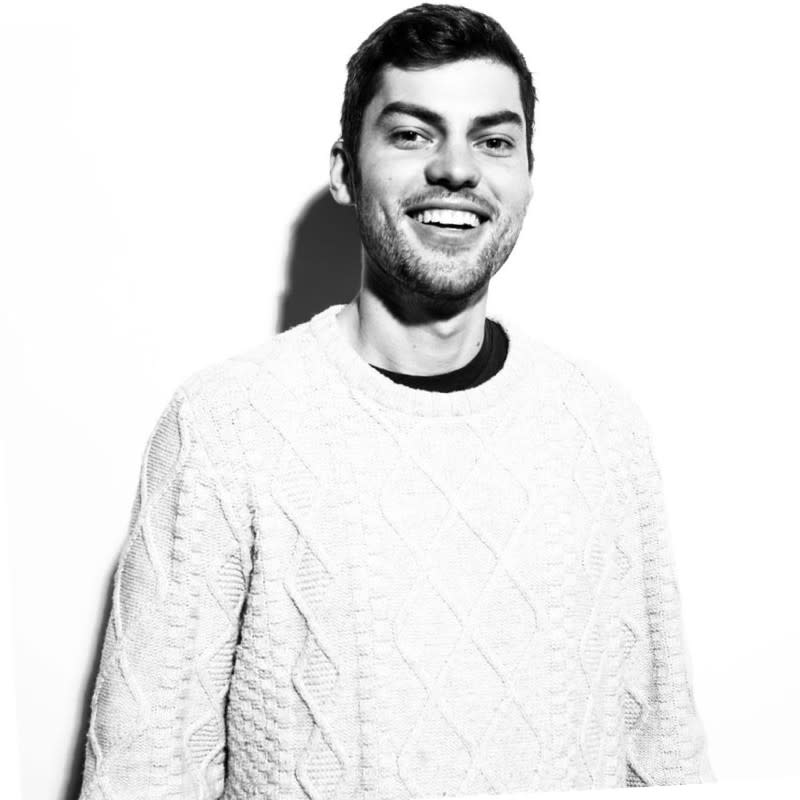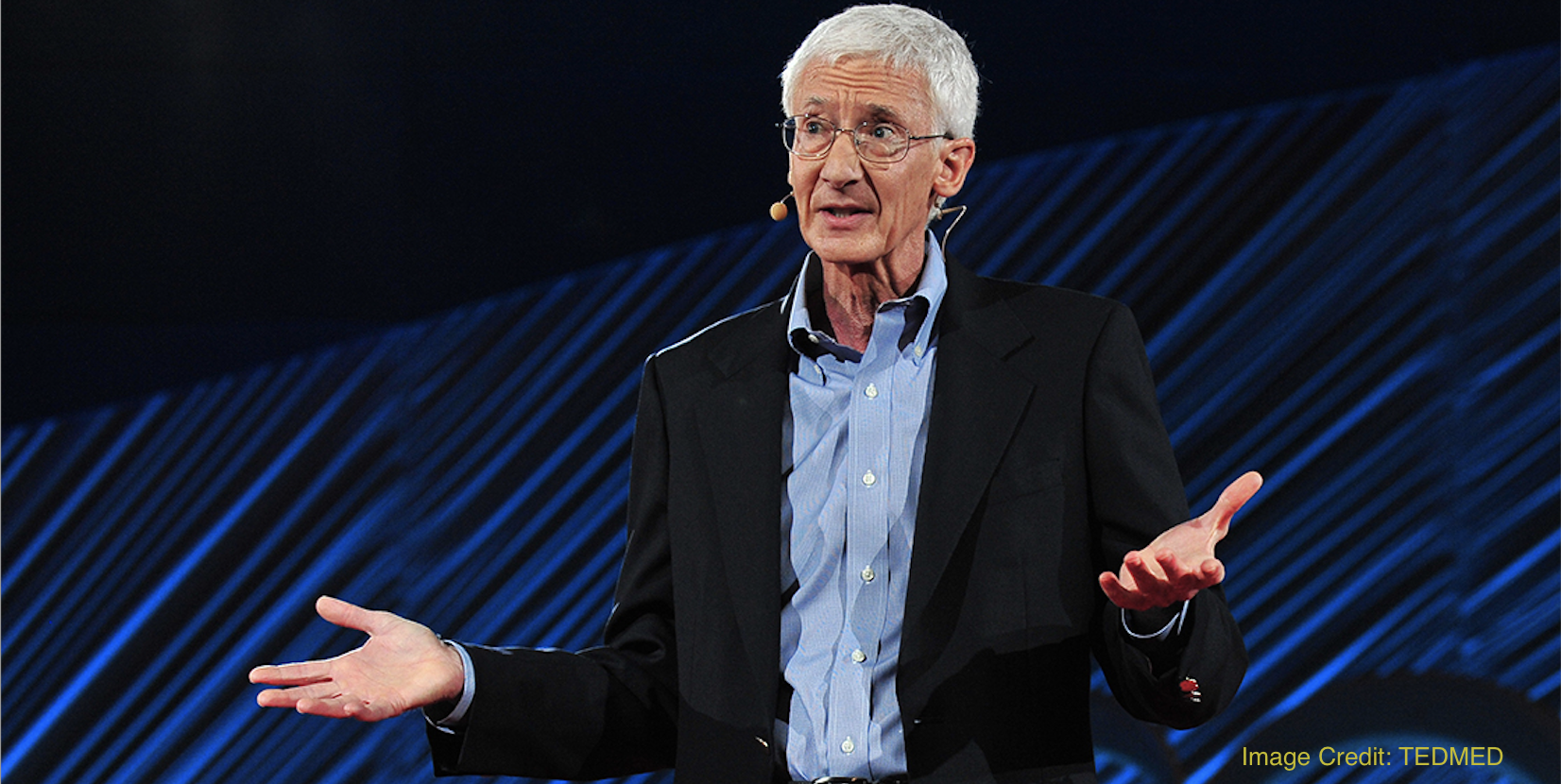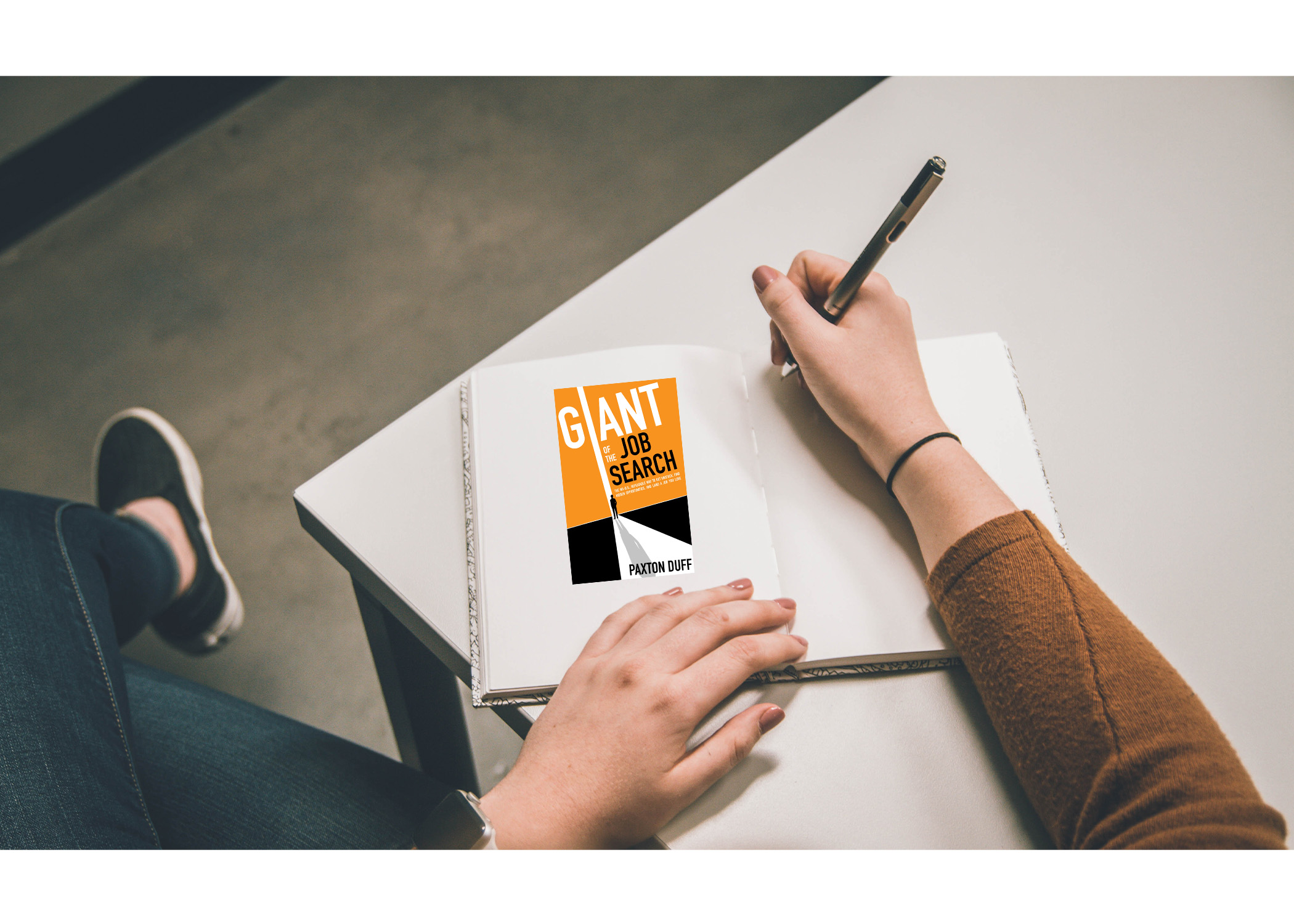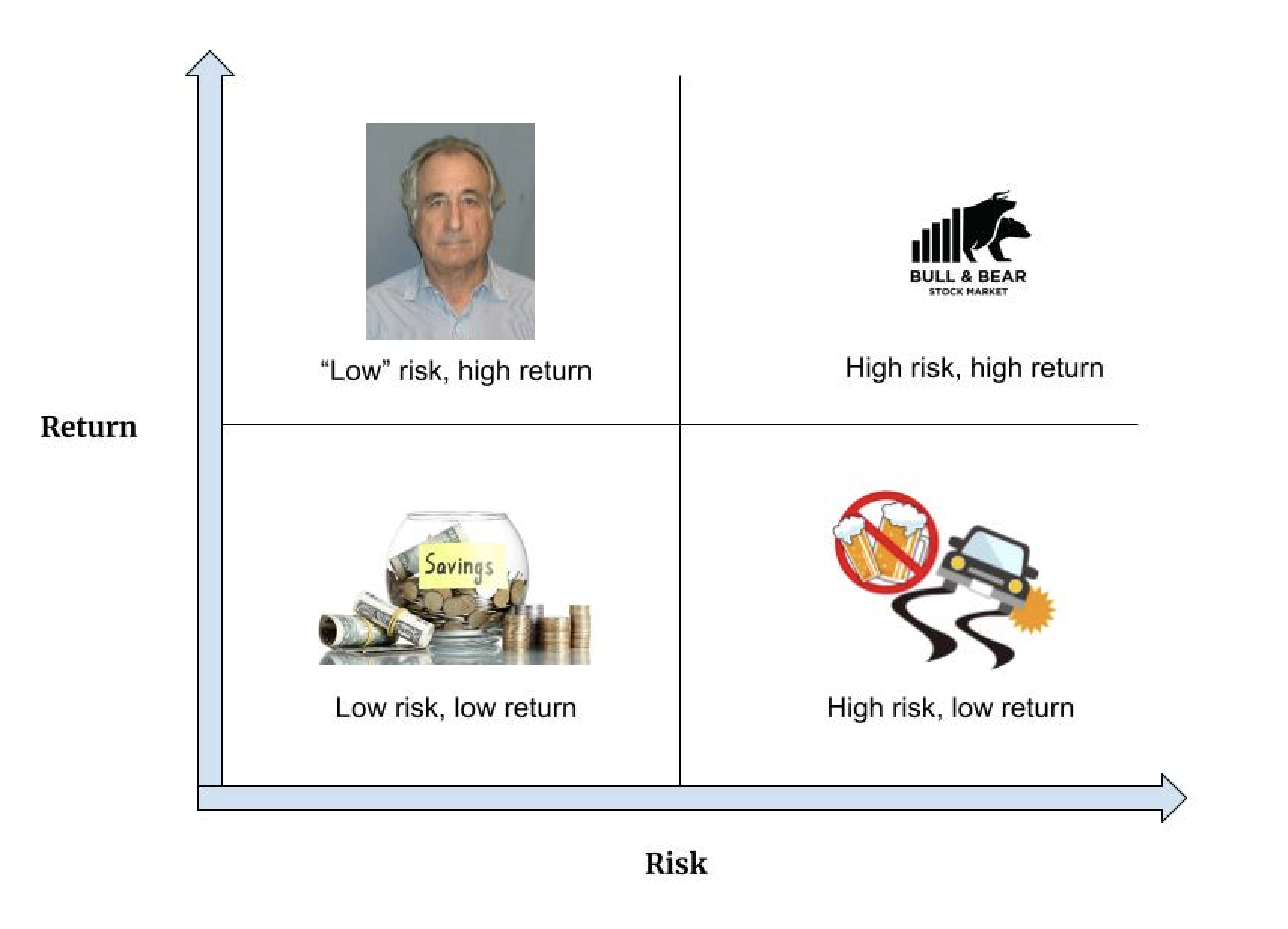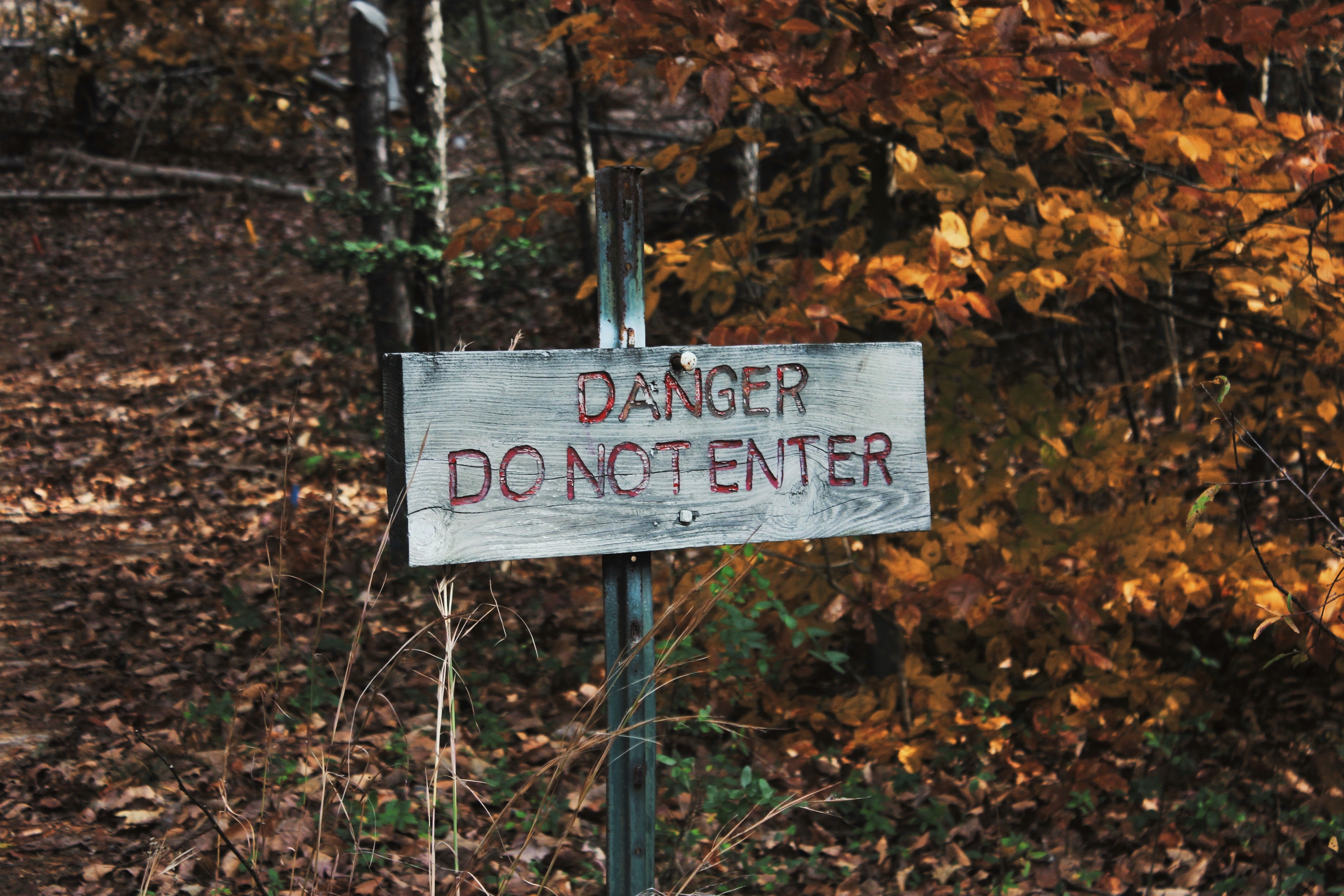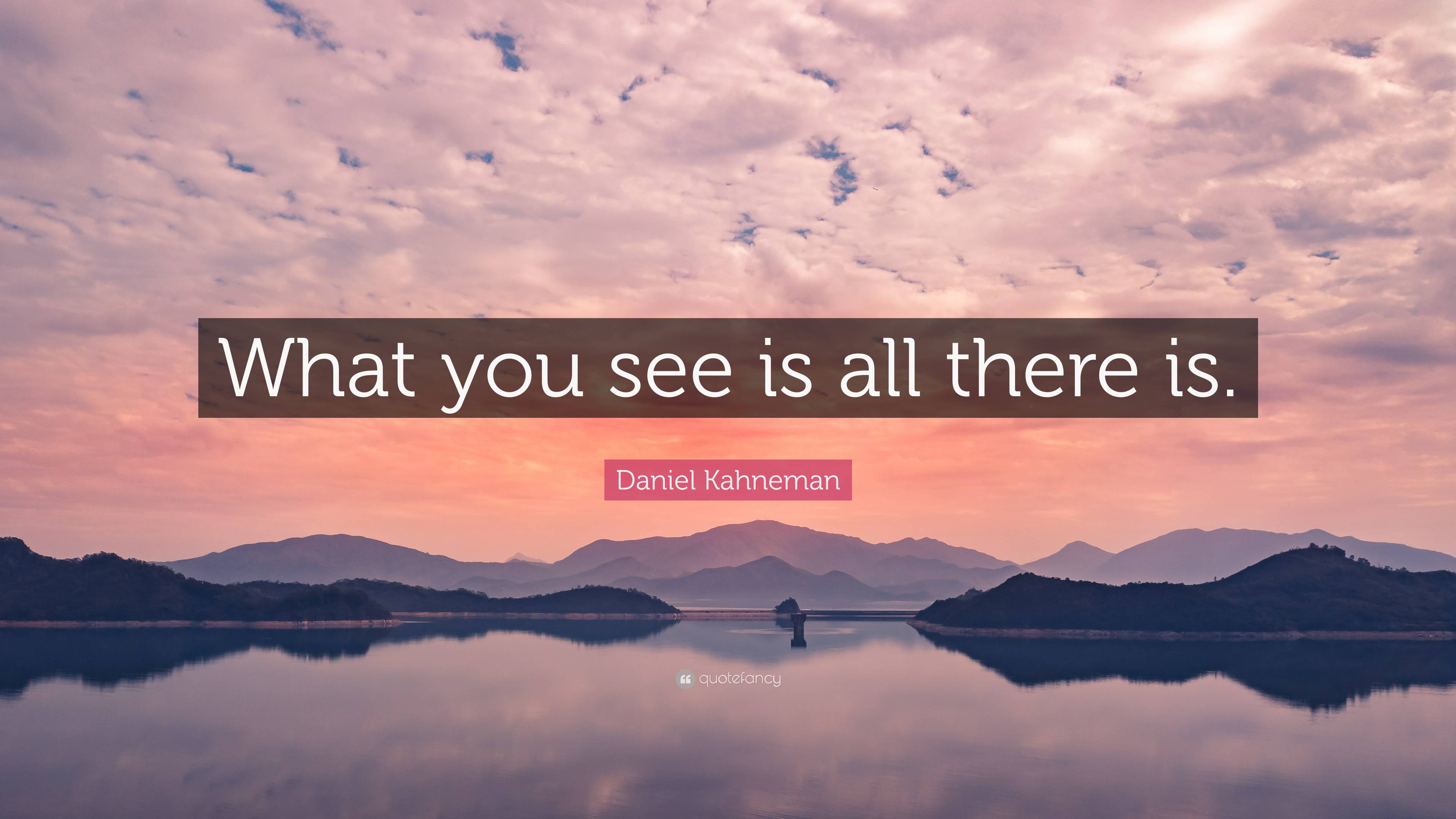The Dying Wisdom of Roland Griffiths
I.
Recently, I came across a profound New York Times interview with Roland Griffiths, Ph.D., a lean, youthful 76-year-old scientist who is nearing the end of his battle with colon cancer.
The interview included these two replies from Dr. Griffiths to questions about his diagnosis:
My life has never been better! If I had a regret, it’s that I didn’t wake up as much as I have without a cancer diagnosis. It’s been incredible. There have been so many positive things: my relationship with my children, my grandchildren, my siblings, my wife.
We should be astonished that we are here when we look around at the exquisite wonder and beauty of everything. I think everyone has a sense of that already. It’s leaning into that more fully. There is a reason every day to celebrate that we’re alive, that we have another day to explore whatever this gift is of being conscious, of being aware, of being aware that we are aware.
I clicked on the article because I'd seen Dr. Griffiths speak at South By Southwest in 2022, and reading the interview instantly snapped me out of my mindless Twitter feed scrolling. As I sank deeper into my La-Z-Boy recliner, I wondered how someone in that position—aware that he has mere months to live—could have such a profoundly grateful, calm, and happy demeanor.
Why is he happier in that situation than most people are who have health, money, and time on their side?
The answer: mushrooms.
Just kidding, it's a metaphor. Kind of.
II.
I first came across Roland Griffiths in Michael Pollan's 2018 book, How to Change Your Mind, part of my after-college, broadening-horizons phase. Pollan's book is a tour of (and personal journey into) the psychedelic renaissance of the 2010s.
(Brief background on psychedelics in the US: after a Wild-West period for psychoactive compounds like LSD and psilocybin—aka magic mushrooms—in the 1950s and 60s, these substances became vilified by the 70s for their role in "counterculture" and anti-War efforts. Despite no evidence of toxicity or addictiveness—especially when compared with widely-accepted alcohol and tobacco products—these psychedelics became the poster children of the decades-long American War on Drugs. That war was objectively a massive and needless failure, and Psychiatric psychedelic research gradually emerged from the underground and into mainstream institutions around 2010.)
In his book, Pollan describes Griffiths as the adult in the room of the psychedelic research renaissance. Griffiths was the eminent Johns Hopkins man with a pristine scientific reputation for research on caffeine, nicotine, and sleep medications—a far cry from the the stereotypical hippie proselytizer of LSD. He lent psychedelic research a level of seriousness that it didn't have (read: wasn't allowed to have) for decades.
In 2016, Griffiths' published a study in the Journal of Psychopharmacology with the following title: "Psilocybin produces substantial and sustained decreases in depression and anxiety in patients with life-threatening cancer: A randomized double-blind trial." The results made waves in the scientific world. Per the Journal:
"High-dose psilocybin produced large decreases in clinician- and self-rated measures of depressed mood and anxiety, along with increases in quality of life, life meaning, and optimism, and decreases in death anxiety. At 6-month follow-up, these changes were sustained, with about 80% of participants continuing to show clinically significant decreases in depressed mood and anxiety."
Griffiths work does not exist in a vacuum, but instead contributes to a field that is already changing lives. Other studies, for instance, have demonstrated the effects of psilocybin on smoking cessation for long-term smokers: in an initial (though small) cohort, 50% of the smokers had not touched a cigarette at the six-month follow up. In a world where smoking cessation methods are notoriously ineffective, those are mind-blowing results that warrant bigger grants and trials.
Sadly, years after creating a strong scientific argument for administering psilocybin to terminally-ill patients in a therapeutic setting, Griffiths now finds himself playing the role of patient.
III.
Back to the original question: how can someone who has a few months to live (at best) have such a profoundly grateful, calm, and happy demeanor compared to most people who are in great health?
As I read the NYT interview and thought back to his profile in Pollan's book, two factors were able to explain Griffiths' peaceful outlook.
The first is that Griffiths used the results of his Hopkins studies to dictate his own behavior. He recognized that it's possible to change one's mind in the face of such a horrible diagnosis, and underwent a therapeutic experience with LSD to come face-to-face with his cancer. Per another interview with NPR, although "dialoguing with cancer" doesn't fit within his worldview, he described the experience as "fantastic" and deeply affirming (to both his outlook on his life and his research, presumably).
The second factor is Griffiths' wisdom, and it's the one that we can emulate more consistently. (Disclaimer: the message of this post is not that popping shrooms will instantly make you a better and happier person, or even better off.)
Some of Griffiths' wisdom is innate, but he’s also cultivated self-awareness for decades as a serious meditator and has treated countless patients as they undergo life-changing experiences. He admits that the world of psychedelic treatments has forced him to confront deep questions: Is there a God? How can we change suffering within our human condition?
Regardless of how Griffiths obtained his wisdom, his position at the forefront of the psychedelic research renaissance reinforces his enlightened approach to life: he genuinely wants to heal people afflicted with mental illness, and could not care less about how that affects his reputation in the political world of academia.
IV.
After finishing the paint-by-numbers school years of our life, we enter the real world and face open-ended questions for the first time. What do we do for money? For love? For meaning?
At that stage, many of us focus so hard on the usual buckets—career, romance, health, beauty, social life—that we don't notice the bargain we're making subconsciously: once I have X job, Y money, and Z type of spouse, I'll be happy. Intellectually, we all know the problems with that bargain: before the sheen wears off of the new car, house, partner, job, feeling of approval, or Botox, we've already moved the happiness goalposts further out.
Griffiths' interview stands in stark contrast to that usual behavior. He expresses joy and appreciation for every moment, and a curiosity about what comes next. He also shows—in his career success—that it's possible to have audacious goals without delaying happiness on this side of the goalposts.
Though most of us will still be alive after Roland Griffiths is, we're all terminally ill by virtue of being born. In the age of distraction, busyness, and pessimism, it's worth emulating Griffith's gratitude and fearlessness long before we—inevitably—are in his position.
V.
How can we emulate that gratitude and happiness? That's the priceless question, and I am definitely not the guru who can provide that answer. That said, it seems like sleep, exercise, and watching Ted Lasso is a great starting point for everyone.
Part of the reason that anyone can learn happiness but nobody can teach it is that happiness is an internal, not external, state. As Naval Ravikant has said, "Life is a multiplayer game, but it's more interesting to consider it as a single-player game... You’re born alone. You’re going to die alone. All of your interpretations are alone." Reading about Roland Griffiths is inspiring, but everyone is on their own journey to wisdom and happiness.
If you have any of your own thoughts on this topic, please send them my way!
